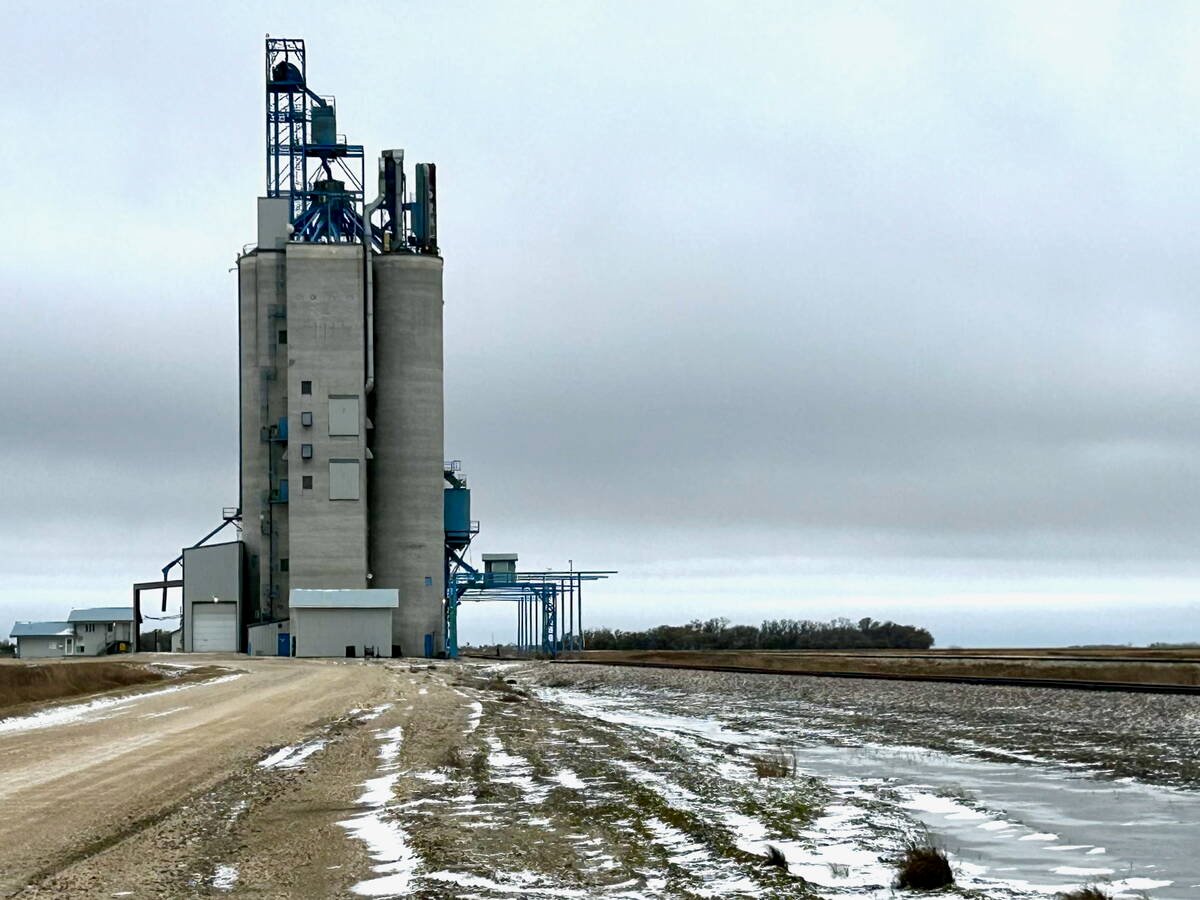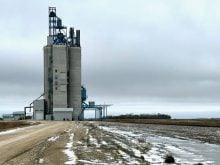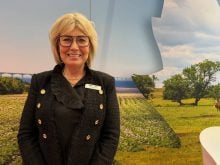A southern Alberta beef producer believes he runs a low-cost operation and wants the numbers to prove it.
A northern Alberta beef producer wants to know if his farm would be more profitable with fewer cattle and less hired help.
What both producers have in common is a desire to know what it costs to raise cattle on their farms. They are looking to a new University of Alberta cost-of-production course to help.
“I want to find out what my weaknesses are on the farm and whether my cost of production is too high. In order to make progress you have to know where you’re at,” said the northern producer, who has 400 head.
Read Also

Manitoba grain elevator ownership expands
Carman-based Linear Grain buys Fannystelle elevator from Bunge, another three elevators sold to Morden’s BP & Sons Grain and Storage Inc.
“I believe I’m a low-cost producer and I want to see where I stack up,” said the 300-cow southern Alberta producer. “We run a no-frills operation.”
Both ranchers spoke on condition of anonymity. Both did not want their neighbors to know they were involved in the course.
The desire for secrecy doesn’t surprise one of the course designers, Alberta Agriculture beef specialist Trevor Yurchak from Athabasca.
For years producers have been told they need to know their costs of production if they want to survive in the business. It’s tough to admit publicly you raise great cows but don’t know if you’re making money.
Yet Yurchak estimates only 10 to 15 percent of producers know what it costs to raise cattle on their farm.
Most have a general idea of feed costs, but few take into account the extras such as depreciation, insurance and interest.
They rely on hunches, wishes and their bank balance to tell them if they’re making money.
Producers don’t know where to start, said Yurchak who, along with fellow beef specialists Christoph Weder of Vermilion and Brad Fournier of Edmonton, designed the three-month course.
“Most producers don’t want to know their cost of production,” said Yurchak.
“They’re just scared what they’ll find out.”
Over the next two years, Alberta Agriculture’s beef specialists will focus on increasing the number of producers who know their cost-of-production numbers.
The trio decided if it is important for producers, it should be key to university agriculture students.
“It’s an amazing course, a whole new twist to the industry,” said Yurchak. He said typical university courses emphasize the academic. This course will give students a dose of
reality.
The beef specialists have designed a course that looks at costs from the cow-calf producer to the packer, wholesaler, retailer and the food service industry.
If a producer is selling direct to the consumer, but doesn’t know his costs, how does he know if it has improved the bottom line, he said.
The course will match its 30 students with the more than 40 producers who have contacted the specialists.
Some producers have large grain and cattle farms where the challenge for the student will be to separate costs for grain and livestock. Others will hand the student a shoebox full of receipts and ask them to make sense of it.
Helping hand
The northern producer, who operates a mixed grain and livestock farm, said the course is the push he needs to separate his livestock and grain business books.
“If I don’t have someone asking me these questions, we won’t hour it out properly.”
He also wants to know if bigger is better. He has 400 cows, but needs a hired hand to help. He sometimes looks at his neighbors and wonders if he’d be better off with fewer cattle.
“I need some extra incentive to peel the numbers apart,” said the producer, who was called before the Farm Debt Review Board a few years ago when cattle prices were low. He hopes getting a handle on costs now, when prices are better, will help him survive when prices are low.
The southern Alberta producer has also been wanting to know what his costs are. But it’s more of a confirmation that his costs are low. He wants to discover areas where his costs or marketing strategies can be fine-tuned.
When the students are finished their reports, the anonymous papers will be published on Alberta Agriculture’s website and given to the producers, local MLAs and industry organizations to provide a snapshot of different operations.
Making the reports public also ensures the students have an extra level of responsibility, said Yurchak. The reports will not be tossed out at the end of the year, but will have a real impact on producers’ lives.
The beef specialists plan to teach the course for one semester and then turn over the template to the university to use again.














